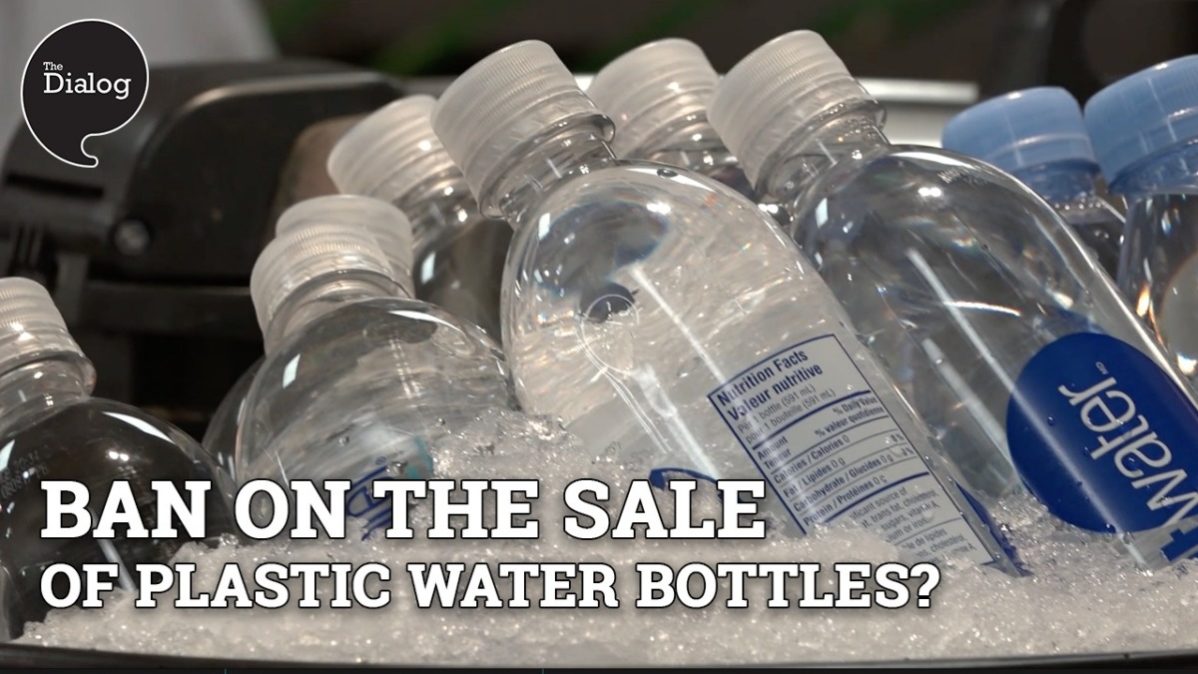Sustainability task force takes a step back to focus on reducing environmental footprint
There were talks of instituting a ban on the sale of plastic bottled water at George Brown College (GBC), but this big move has been put on hold.
A multi-stakeholder team was convened earlier this year to address calls from students, after the GBC sustainability squad managed to secure over 100 signatures in favour of the ban.
The squad proposed reducing the amount of plastic generated at GBC by switching to reusable bottles.
This campaign revolved around statistics by the Ellen MacArthur Foundation which projected that by 2050, the ocean will contain more plastic than fish.
According to Stephanie Foster, the sustainability co-ordinator at GBC, the team acknowledged the students’ concerns regarding the environmental impacts of plastic disposable water bottles.
However, after weighing the pros and cons, they decided that it was not the right time to make such a move.
“We wanted to make sure that we did have access to convenient bottled water filling stations around campus, which we don’t quite yet,” she explained.
“And two, when we started looking at the sales of what beverages students are buying, it was a bit mind blowing in that they are buying, between 50 to 60 per cent, soft drinks,” Foster added.
In fact Waterfront campus, where the sale of bottled water has already been prohibited, had the highest rate of soft drink purchases.
Given these concerns, the task force is currently planning a series of communications campaigns to raise awareness.
Foster said that students and staff “should have their own reusable water bottle and (know about) the benefits, both from a health and environment perspective and economic perspective (as well).”
Addressing the threats posed by plastic bottles was just one of the focuses of the sustainable task force.
Other initiatives geared towards promoting environmental sustainability at GBC are currently in the works as well.
But why the focus on the environment?
“Climate change is obviously one of the most pressing environment issues of our time,” Foster said.
GBC is still recovering from the effects of drastic changes in weather patterns after a rainstorm on the evening of Aug. 7 left sections of Toronto drenched in water, causing damages to Waterfront and St. James campuses.
The college is currently making several strides in maintaining a green approach by reducing page usage and recycling, with a monthly diversion rate of about 65 per cent.
However, through the sustainability task force, GBC is looking to do more.
As such, GBC will be launching a new sustainability plan which is expected to roll out by spring 2019.
As for the banning of the sale of bottled water on campus, they are hoping to revisit this proposal within a year, Foster said.


